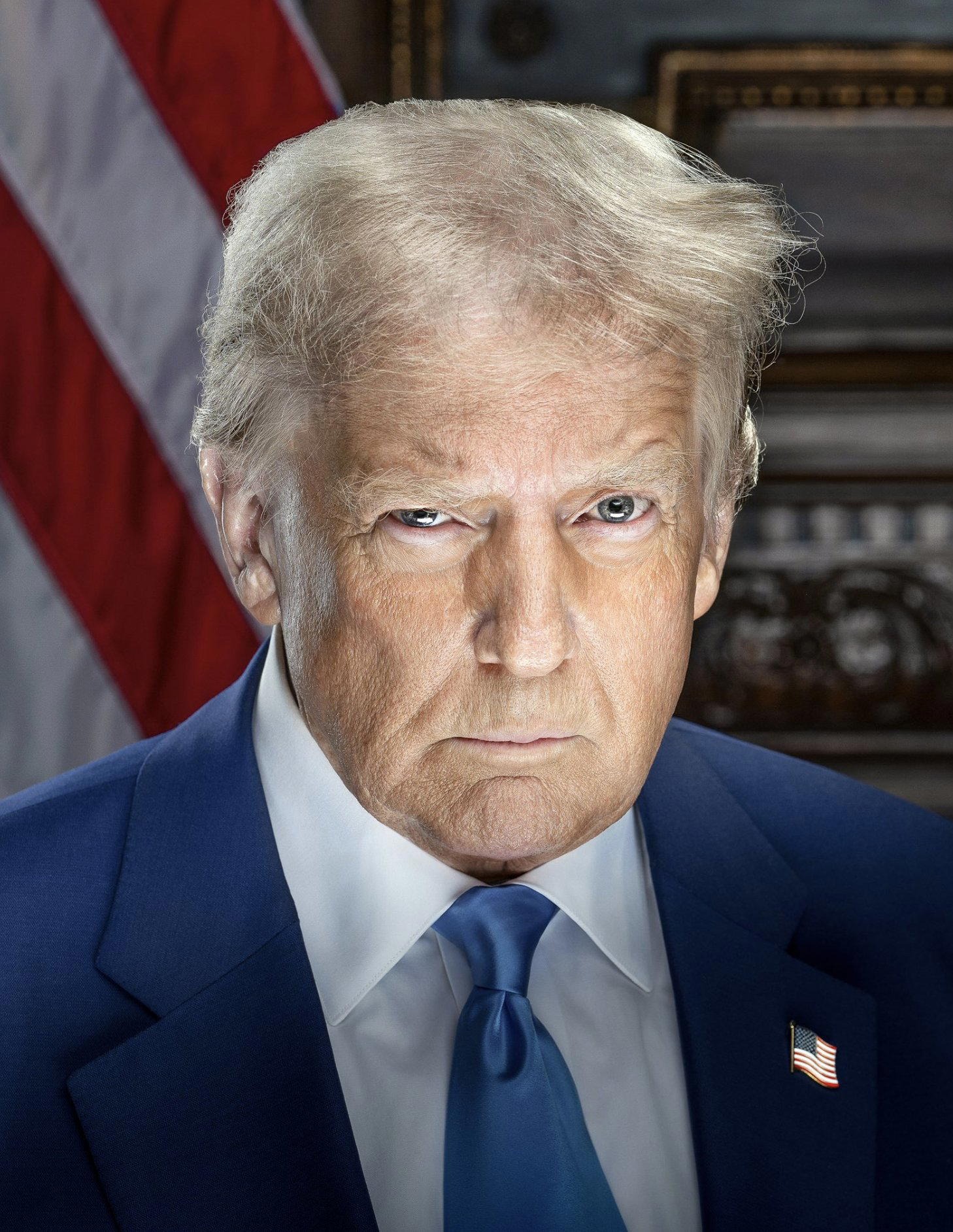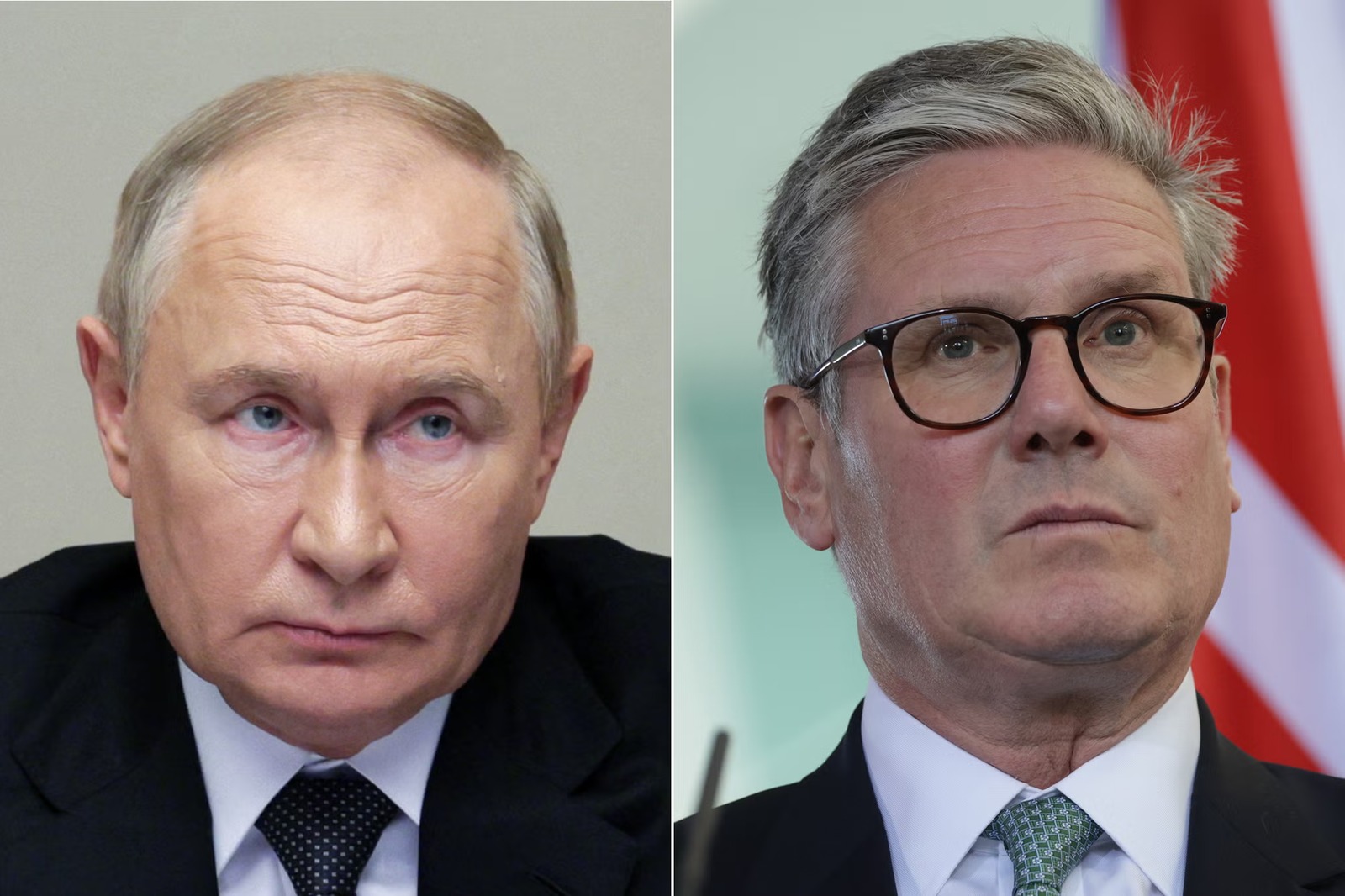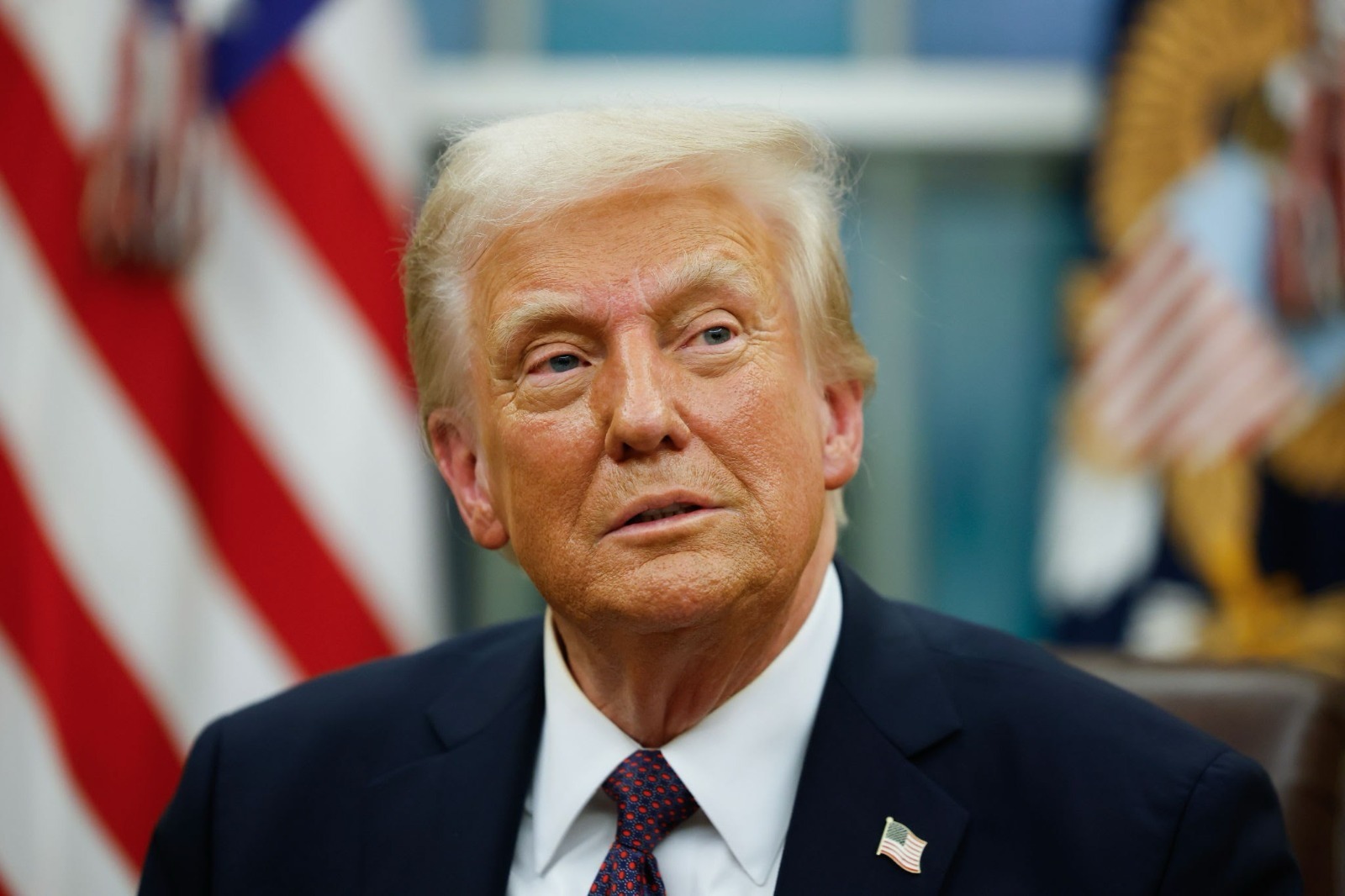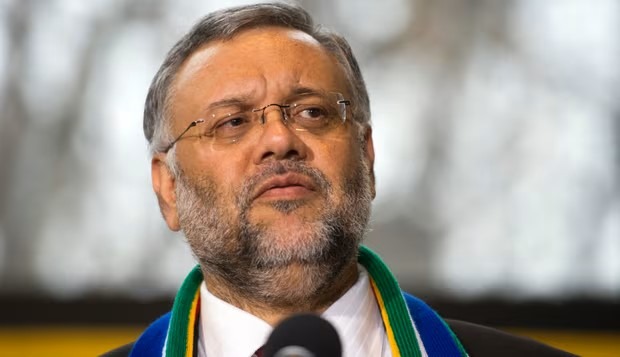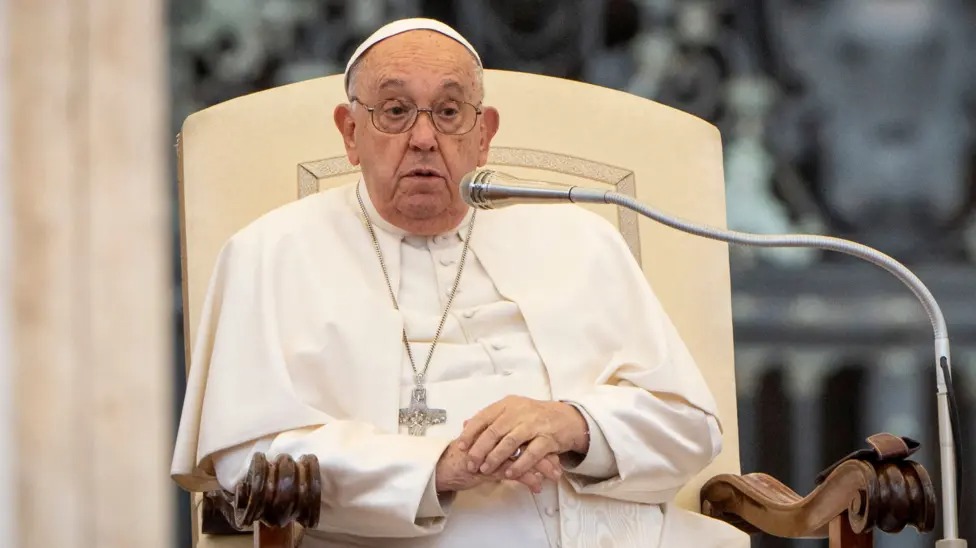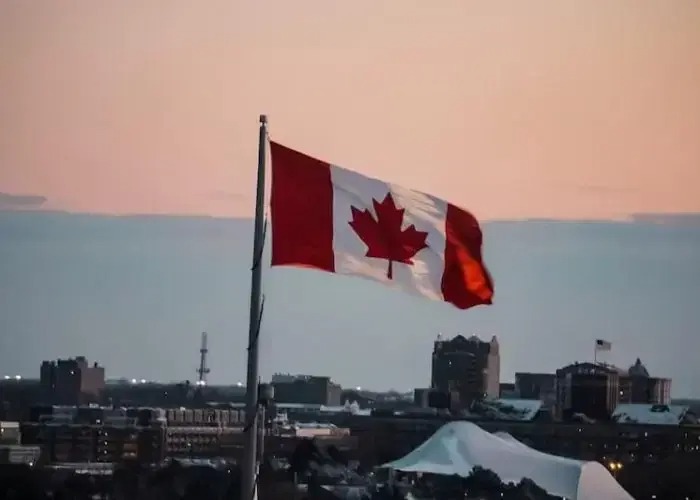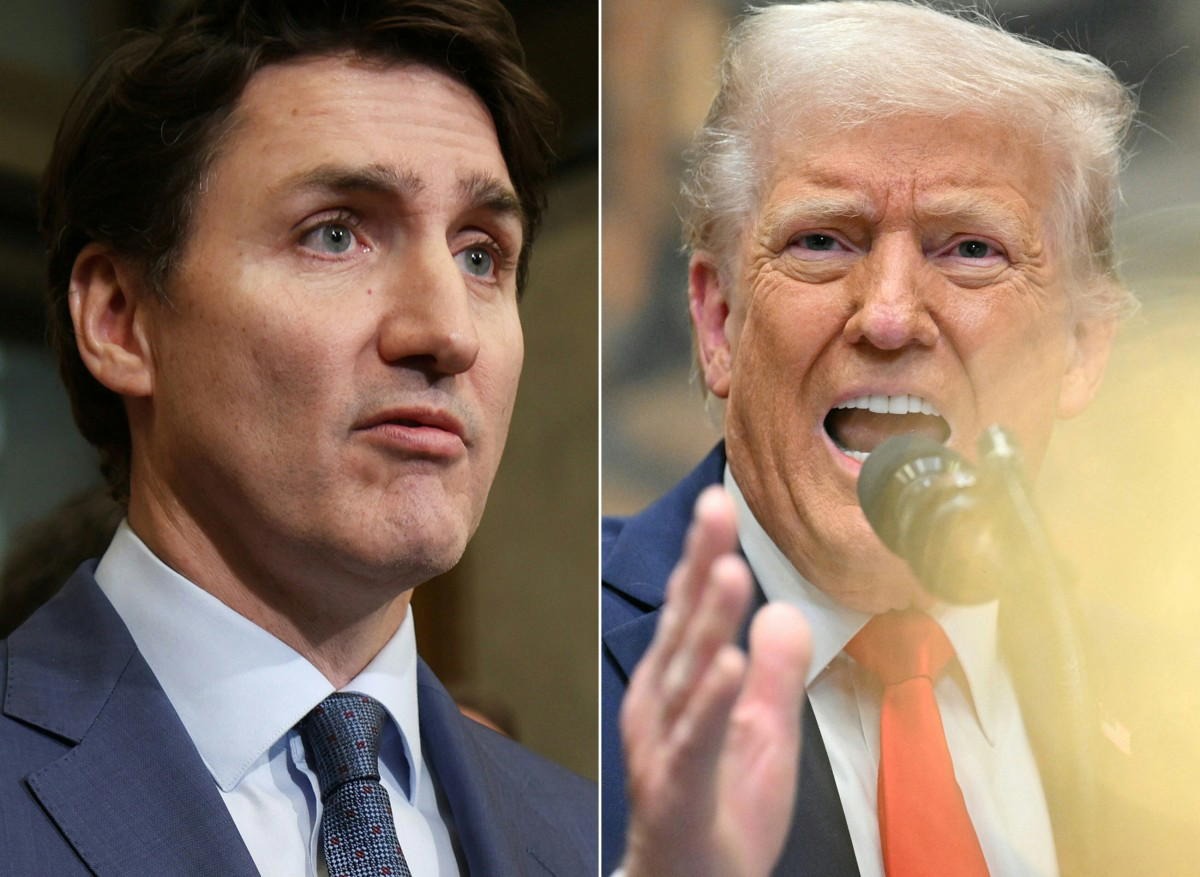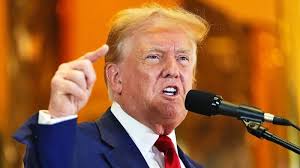A US federal judge on Tuesday suspended the Trump administration’s ban on transgender people serving in the military, citing the principle of equality and dealing a blow — if only temporary — to the US president’s agenda.
Referencing the US Declaration of Independence, which states that all humans are “created equal,” Judge Ana C. Reyes suspended President Donald Trump’s late January order that excluded transgender people from the armed forces.
That suspension, however, will be put on pause until March 21 to give the government time to file an emergency stay at a higher court, according to Reyes’ decision.
The order will nonetheless come as a blow to Trump’s administration, which has made it a priority to strip protections for minorities since he took office.
Trump’s January 27 executive order stated that “expressing a false ‘gender identity’ divergent from an individual’s sex cannot satisfy the rigorous standards necessary for military service.”
Since taking office, he has also declared that the US government will only recognize two sexes — male and female — that “are not changeable.”
The number of transgender people in the US military is estimated at about 15,000 out of around two million.
Reyes’s order used unusually strong language in parts to criticize the order banning transgender Americans from serving in the military.
“The Military Ban is soaked in animus and dripping with pretext,” the judge wrote. “Its language is unabashedly demeaning, its policy stigmatizes transgender persons as inherently unfit, and its conclusions bear no relation to fact.”
The judge said Trump “could have crafted a policy that balances the Nation’s need for a prepared military and Americans’ right to equal protection. They still can. The Military Ban, however, is not that policy.”
In February, US Defense Secretary Pete Hegseth issued a memo preventing transgender people from joining the military and halting gender transition treatment for others who are already in uniform.
The Pentagon has also said it would begin removing transgender troops from the military unless they obtain a waiver on a case-by-case basis, according to a February memo.
The US military lifted a ban on transgender troops in 2016, during Democrat Barack Obama’s second term as president — but policies have seesawed under his successors Trump, Joe Biden and now Trump again.
Transgender issues have roiled US politics in recent years, as states controlled by Democrats and Republicans have moved in opposite directions on policies ranging from medical treatment to what books on the topic are allowed in public or school libraries.
Tuesday’s order was in a case brought by a group of transgender people, either in the military or wishing to become so, to challenge Trump’s latest executive order.
